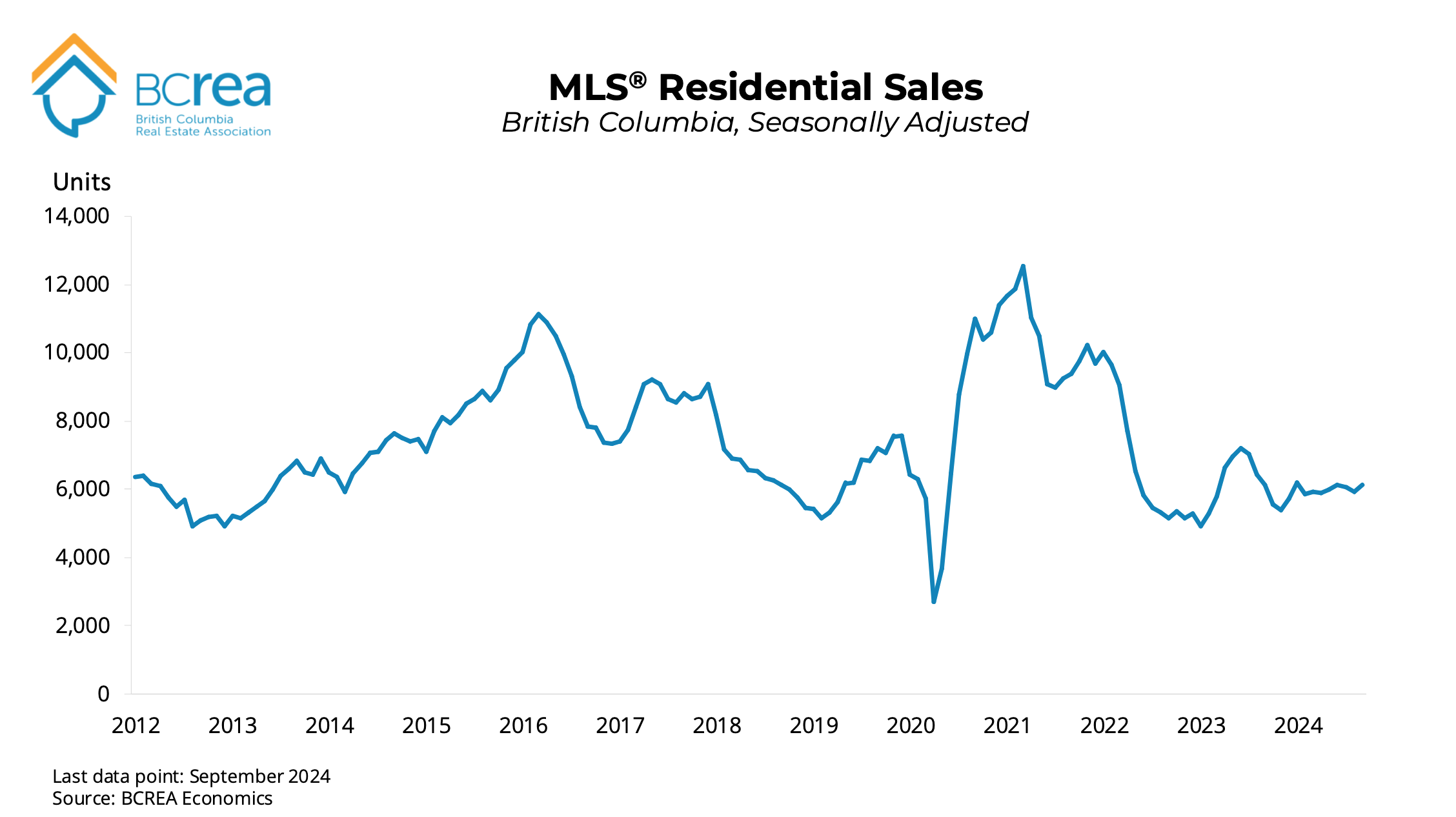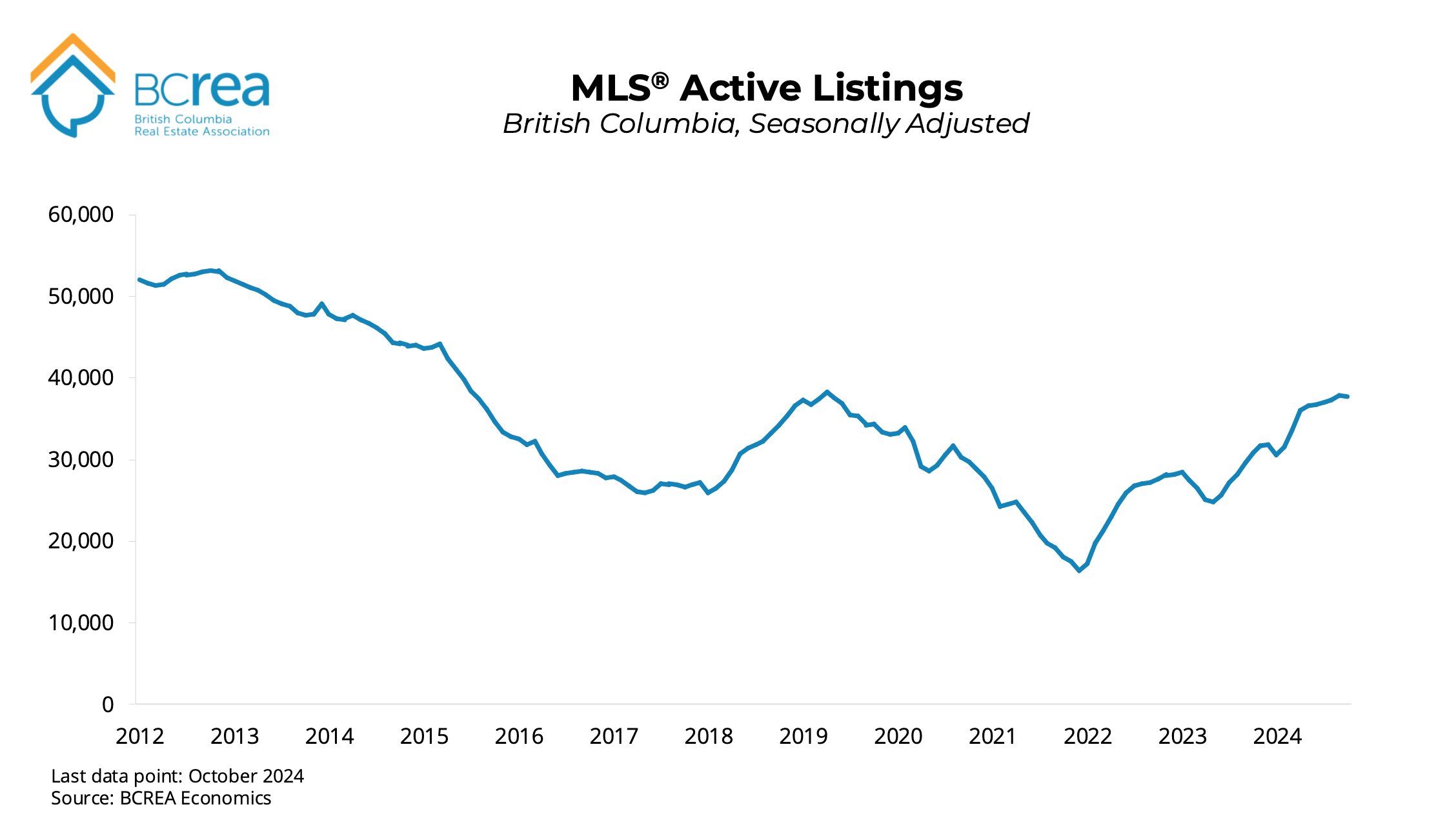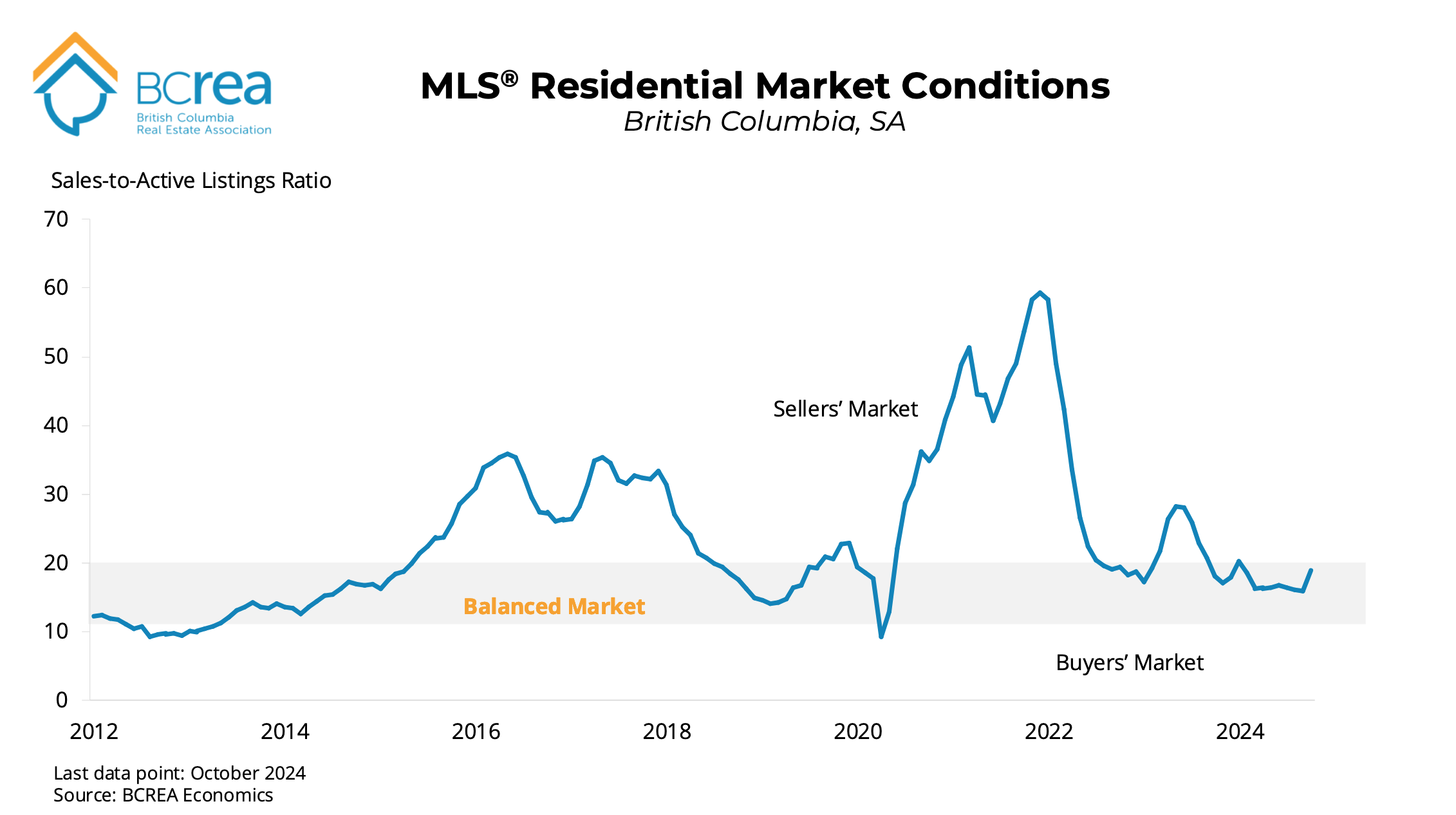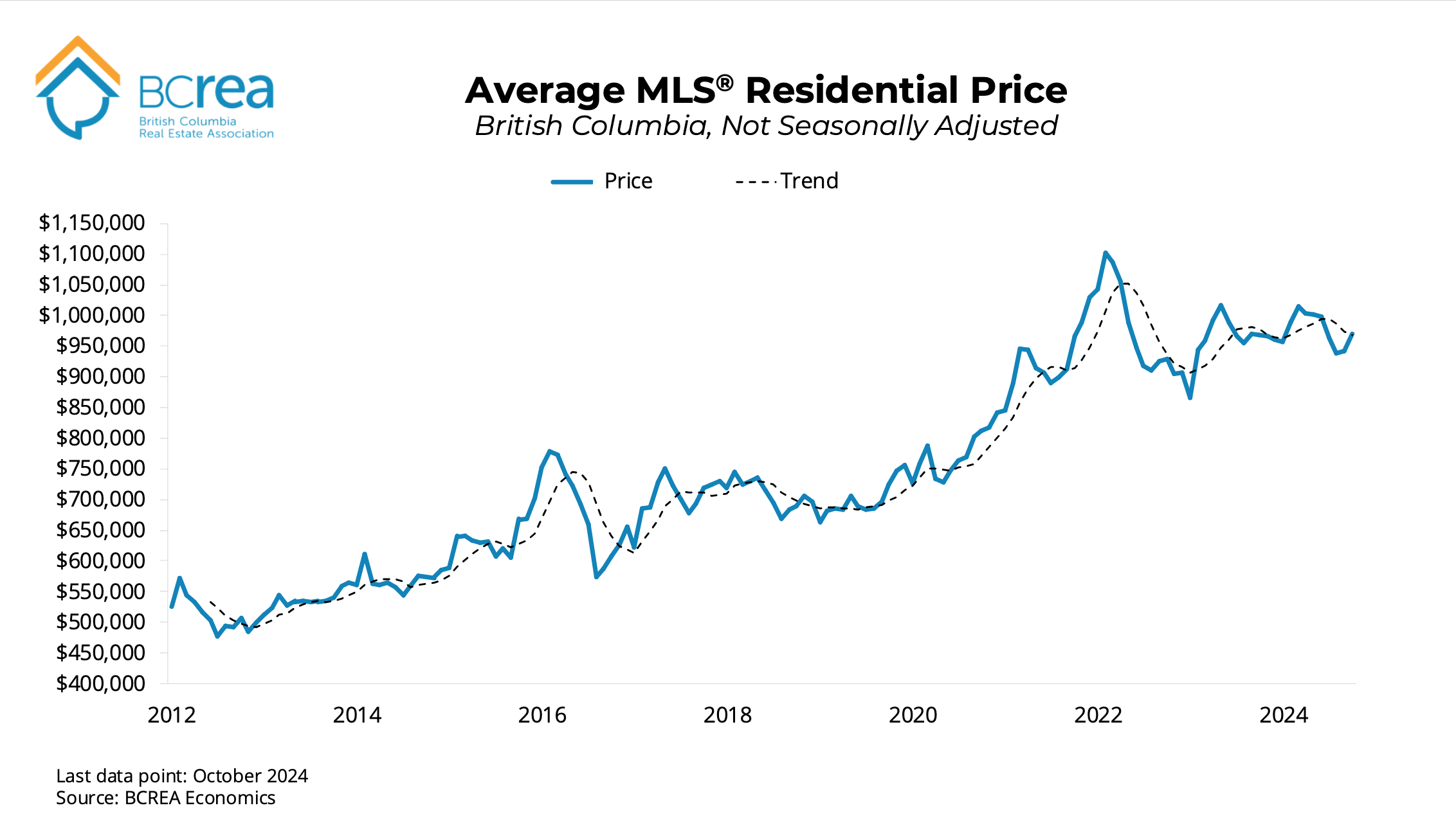
Real Estate Market Conditions - Monthly Update
February 2025
Diverging Trends Between BC and the Victoria/Gulf Islands Region
The BC real estate market started 2025 with steady momentum, but regional differences have emerged. While provincial sales activity remained strong, Victoria and the Gulf Islands experienced a more pronounced surge in demand and price growth.




